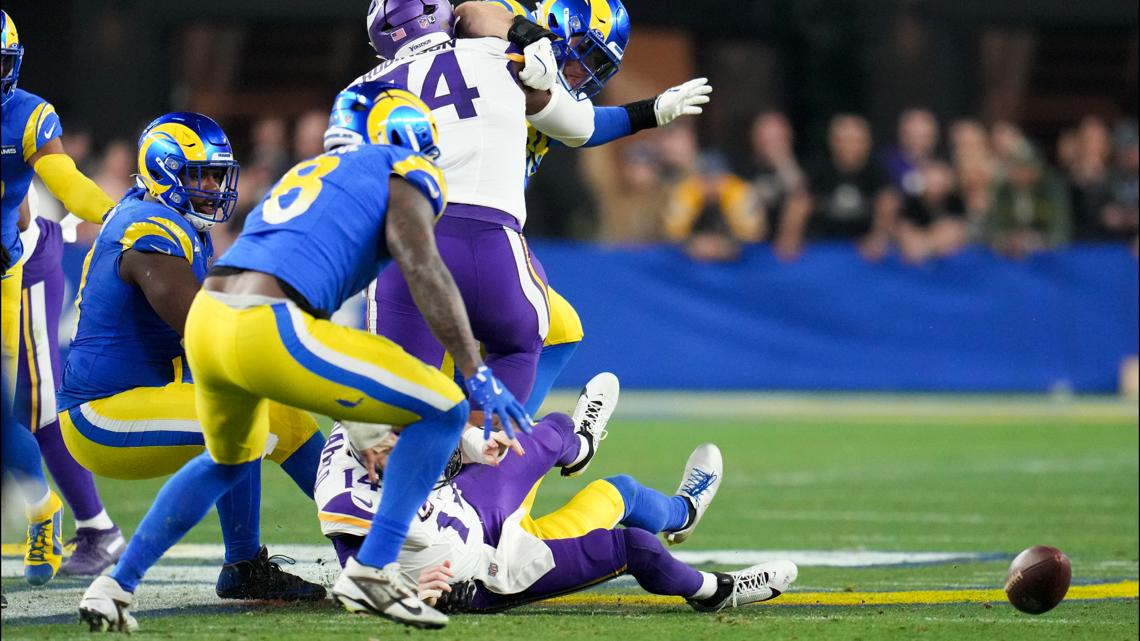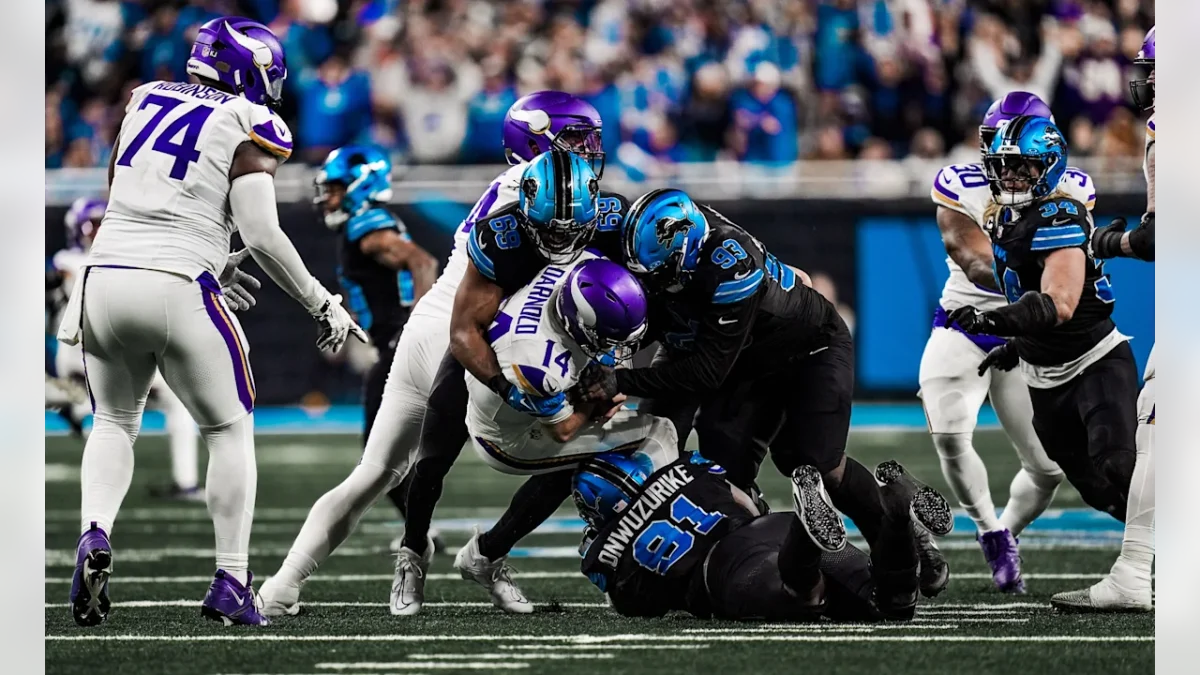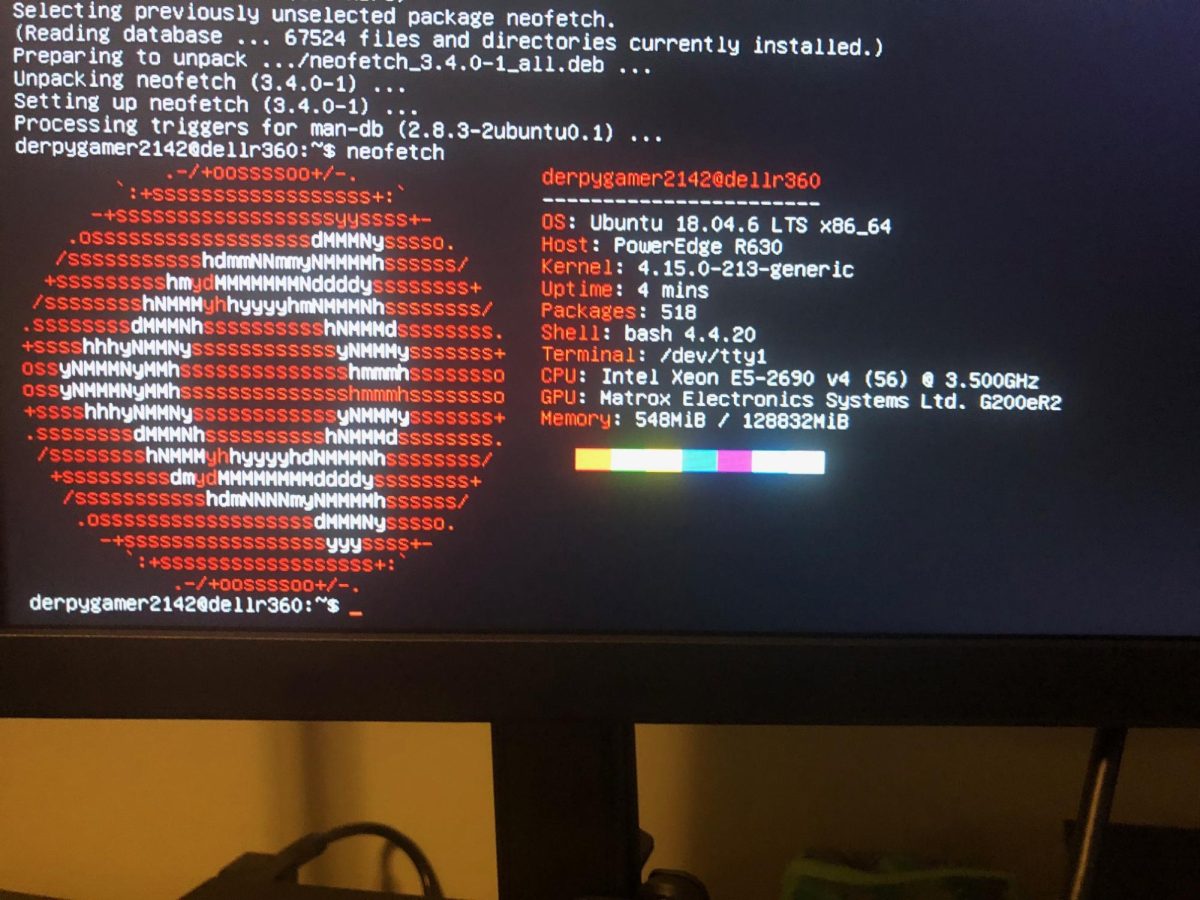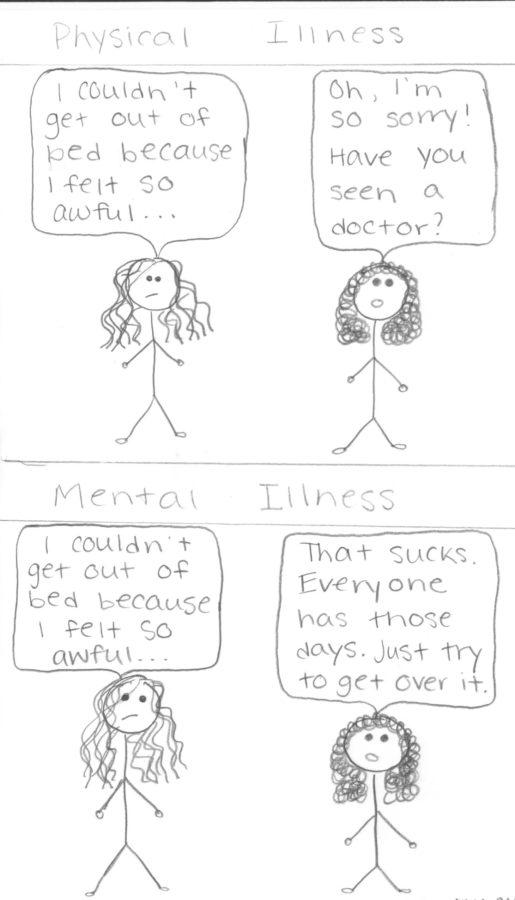More Than Just a “Minor Issue”: Mental Health
December 3, 2015
Depression, anxiety, anorexia, obsessive compulsive disorder (OCD). The preceding words are all forms of some sort of mental illness. Some people may not consider them so, but they are. According to the U.S. Department of Health and Human Services, about 7 percent of young adults suffer from depression, about 19 percent of young adults suffer from some sort of anxiety, more than 30 million suffer from an eating disorder and 3.3 million suffer from some form of OCD in this country. These are some of the most common mental illnesses in the United States, but why aren’t they taken as seriously?
You’ve all heard of mental illnesses. You think of obvious things: you think of people who outwardly seem a little crazy. But mental illnesses sometimes aren’t that easy to see. Depression, anxiety, any type of eating disorder and OCD are real mental illnesses too.
People with mental illnesses do not have a choice, just as people do not have a choice when they break an arm or ankle. Take depression for example; sometimes for people with depression, just getting out of bed is a struggle.
People suffering from depression don’t wake and feel that way because they chose to. They can’t just snap out of it. The chemical makeup of their brain is different than someone who has a healthy brain.
Depression is caused by a lack of serotonin and norepinephrine, which are neurotransmitters that affect mood, alertness, hunger and sleep. If you look at a PET scan (a colored image created from a radioactive dye that shows health of tissues and organs) of a depressed brain, there is significantly less brain activity compared to a healthy brain.
I think that people have more empathy for people with a physical pain because it’s easier to understand. You’ve experienced some sort of physical pain before. It may not be a broken limb or concussion, but you know how it feels to burn your hand or mouth on something hot. You know how it feels to stub your toe on the corner of a table or chair. Having a mental illness includes pain and struggle, but it’s a feeling that only some understand.
It’s time to take these mental health issues seriously. Yes some can get treated, but some are chronic. Regardless, they aren’t something to wave off and act like they’re unimportant. Mental illnesses can be hard to understand, but they affect more people than you may think, and your mental health is just as important as your physical health.
If you know someone with some type of mental illness, whether it be anxiety, depression, or anything else, be kind. It may not seem like a huge deal to suffer from one of these, but these illnesses can make everyday life a struggle. Be there for your friends. Even though you might not understand what they’re going through, it’s important to be supportive.


























































